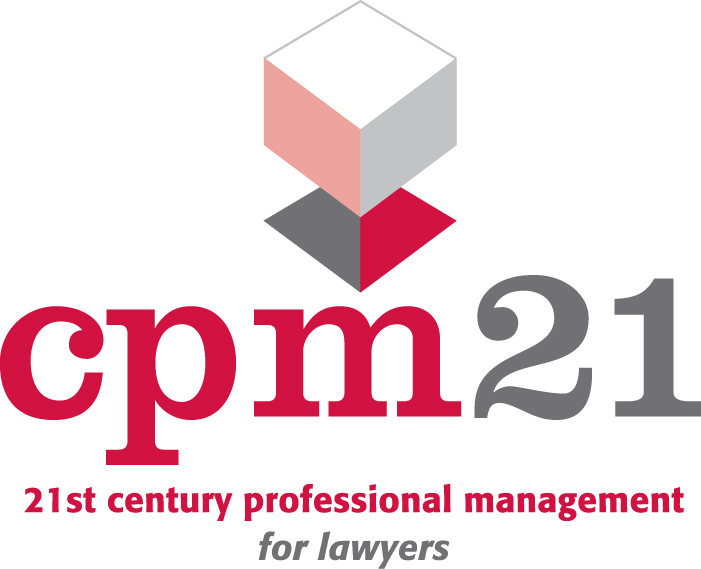The Legal Ombudsman Scheme Rules – Changes from April 1st 2023

It doesn’t seem that long ago, but the Legal Ombudsman has been with the legal profession since 2010. In that time, rule changes have been minimal, and there has been little requirement for firms to change such things as client care letters or complaints procedures.
That will change from April 1st, 2023. (No, there is no link to “April Fools” day).
Why have these changes come about? Here’s a quote from the Legal Ombudsman release on the subject;
“Earlier this year the Legal Ombudsman (LeO) undertook a review of its Scheme Rules to identify opportunities to improve the customer experience by enhancing operational efficiency, removing historic obstacles to resolving cases both quickly and with minimum formality, and to create a platform for the continued evolution of the Scheme in the years to come.”
Our clients may take a different view of the reason for the changes, however on the face of it the new scheme rules may well benefit them by reducing the more vexatious or frivolous complaints that have already been dismissed by them prior to their clients exercising their right to complain to the Legal Ombudsman.
The change that firms will need to be most aware of
In terms of updating client facing documentation, such as client care, terms of business, and complaints procedures (including the complaints procedures firms must publish on their websites under the SRA Transparency Rules), the change firms need to be most aware of is that to Scheme Rule 4: Time Limits
From 1st April 2023, the time limits for referring a complaint to the Legal Ombudsman will be not later than:
- one year from the date of the act or omission being complained about; or
- one year from the date when the complainant should have realised that there was cause for complaint.
The Legal Ombudsman will retain the ability to apply Rule 4.7, which allows an Ombudsman to exercise discretion to extend the 1-year time limit for specific customers if, on the evidence, it was fair and reasonable to do so.
This replaces the current limits of;
- the act or omission, or when the complainant should reasonably have known there was cause for complaint, must have been after 5 October 2010; and
- the complainant must refer the complaint to the Legal Ombudsman no later than: – six years from the act/omission; or – three years from when the complainant should reasonably have known there was cause for complaint.
The Legal Ombudsman has promised to publish more information on this prior to the April 1st deadline, so firms will need to wait to see if there will be any “transition period” before they can update their documentation.
There are also changes to Scheme Rule 5.7, which allows the Legal Ombudsman to exercise its discretion in terms of considering a complaint for their involvement.
The changes are;
Rule 5.7(b)
Legal Ombudsman will be introducing the word ‘significant’ within Rule 5.7(b) which will allow an Ombudsman to consider whether it is a proportionate use of resource and time to investigate a complaint where the detriment to the complainant is not significant.
The introduction of ‘significant’ provides for cases to be dismissed if the loss, detriment, or impact is deemed minor enough that it would be disproportionate to conduct a full investigation whereas under current wording a complaint can only be dismissed under this rule if there has been no loss or detriment.
Rule 5.7(p)
The introduction of Rule 5.7(p) will provide an Ombudsman with the opportunity to consider if a case should be dismissed on the basis that the size and complexity of the complaint means that it would be disproportionate for it to be investigated.
Rule 5.7(q)
The introduction of Rule 5.7(q) will ensure that new issues cannot be added to an ongoing investigation if they were already known to the complainant at the time the investigation commenced- but were not included within the complaint at that time. This will ensure that one an investigation has commenced, all parties have certainty as to the issues that have been raised.
It also ensures that parties cannot deliberately protract or delay investigations by seeking to add additional grounds to the scope of the original complaint.
Again, on the face of it, these rule changes should benefit many firms where the Legal Ombudsman would have investigated complaints that would have resulted in the firm taking inordinate amounts of time to provide documents and explanations where the complaint itself may have been an attempt by some clients to simply get refunds on their invoices for services that were reasonable.
Want to know more?
We will be running a “Complaints Handling and dealing with the Legal Ombudsman Course on the 28th March 2023. There will be options for attending either a morning or afternoon session.
For more information, visit our website.




